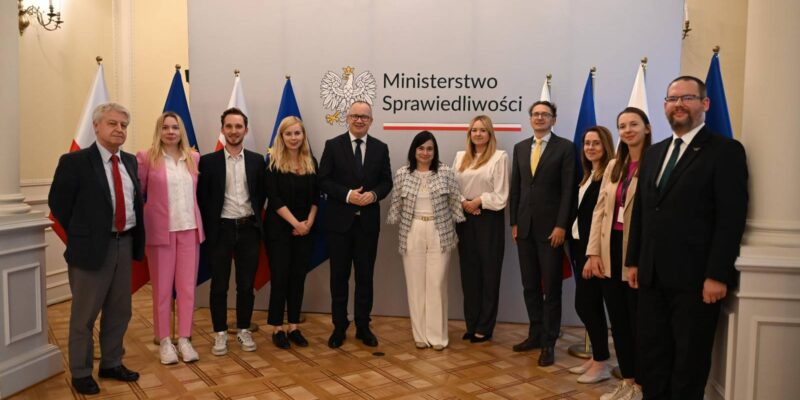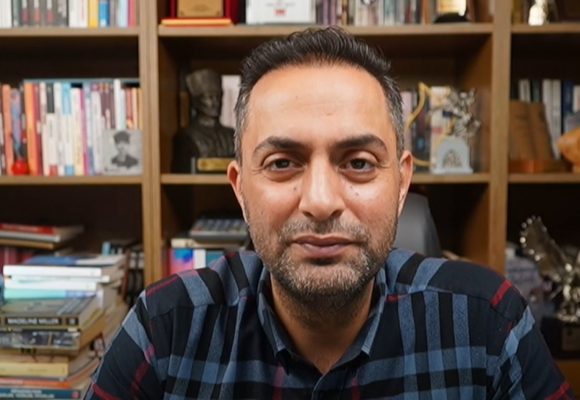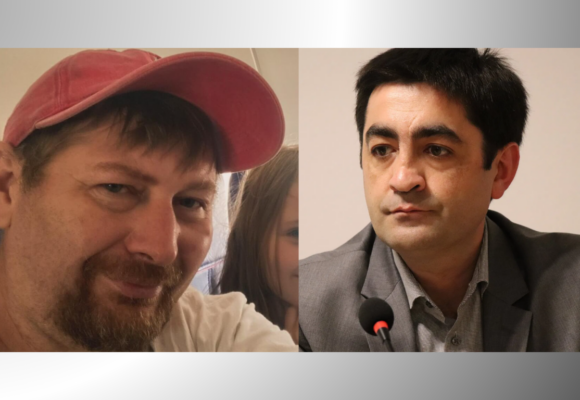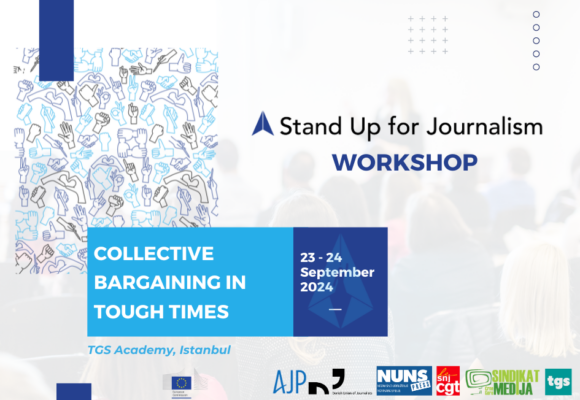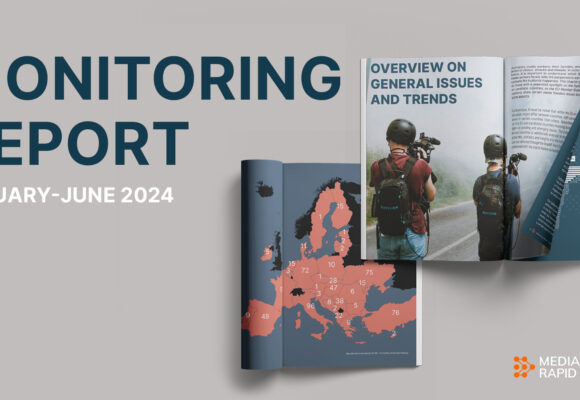Poland: More ambitious reform needed to secure media freedom
The Media Freedom Rapid Response (MFRR) consortium completed a two-day mission to Poland, 16-17 September, where it held meetings with the Minister of Justice, Adam Bodnar, the Ministry of Culture as well as journalists, publishers, regulators, media law experts. The mission focused on measures to reform public service media, to protect journalists from Strategic Lawsuits Against Public Participation (SLAPPs), and proposals to reform the media landscape in line with the European Media Freedom Act (EMFA). The meetings discussed the changes within the public service media since the Civic Coalition-led government of Donald Tusk used contested legal mechanisms to remove senior…

